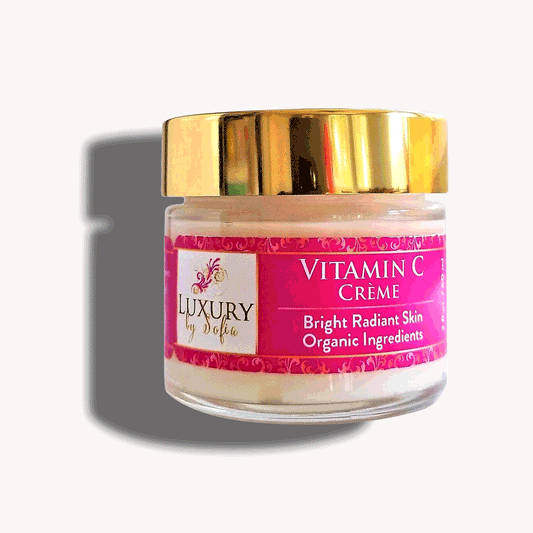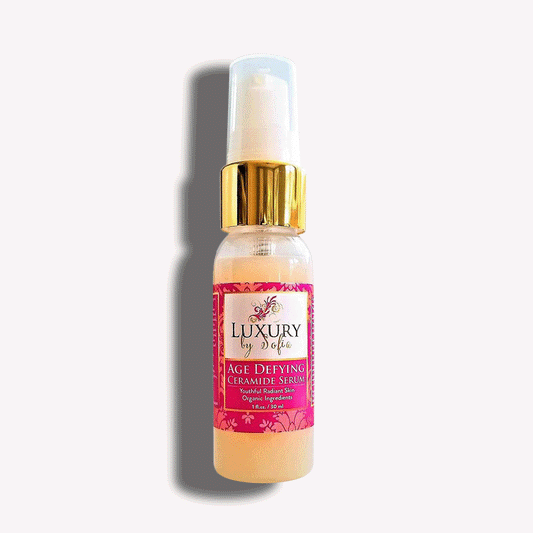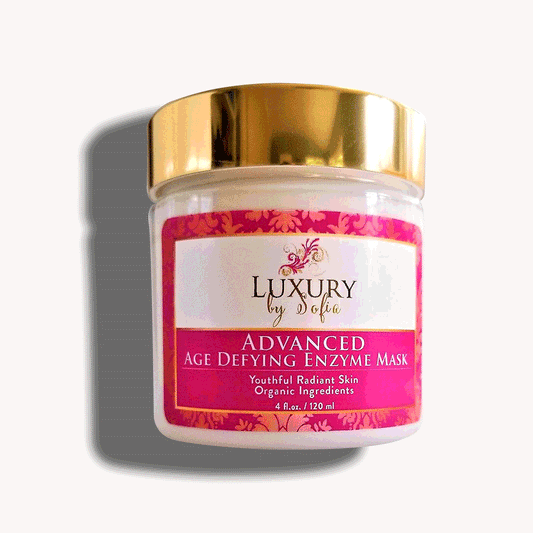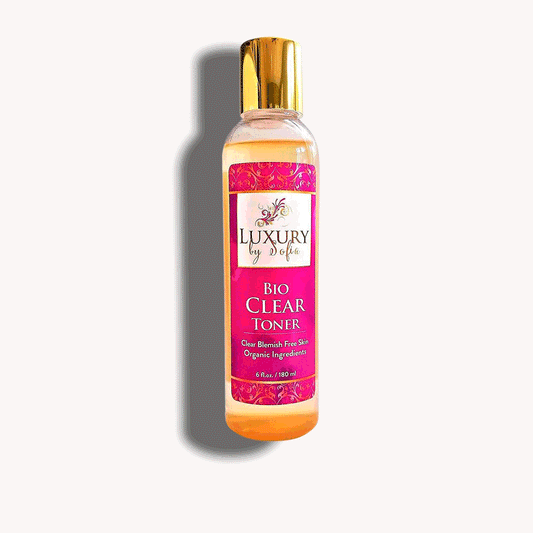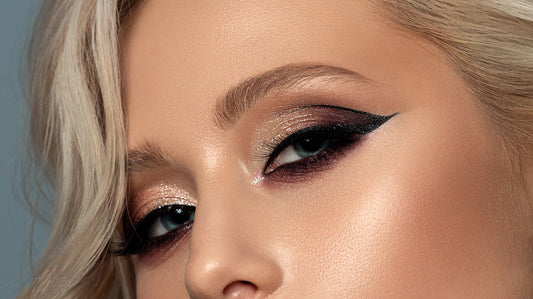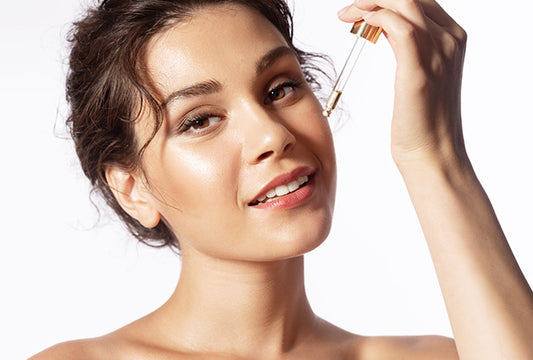Sunscreen is an integral part of every woman’s daytime skincare routine.

Whether you will be indoor or outdoor, this defensive beauty product is essential to protect your complexion against UV ray damage which can lead to numerous skin problems, such as sunburns, increased sensitivity, accelerated aging, pigmentations and even skin cancer. Discover how to choose the best sunscreen for you in this article.
What Sunscreen Does To Your Skin
Sunscreens shield your skin from sun exposure by blocking or absorbing UV rays.
Physical sunscreens, otherwise known as mineral sunscreen, work by physically blocking and reflecting UV radiation. They are generally applied as the last step of your skincare routine and can be applied after face makeup if you are using a spray format. Popular physical sunscreen ingredients include Zinc Oxide and Titanium Dioxide.
On the other hand, chemical sunscreens react with radiation before it penetrates your skin. They absorb and release energy in the form of heat. This type of sunscreen needs to be applied directly onto your skin as it needs to penetrate it in order to provide sun protection so put it on before applying makeup.

Organic All Natural Zinc Sunscreen
Things To Consider When Choosing A Sunscreen
Sun Protection Factor (SPF)
SPF is a measure of how much UVB a sunscreen blocks out. Generally, it is recommended to use a sunscreen with at least SPF30 protection as they block around 97% of UVB rays, unlike SPF15 sunscreens which only block out about 93% according to a scientific study (link to: https://www.ncbi.nlm.nih.gov/pmc/articles/PMC3460660/).
Your level of sun exposure matters as well when deciding SPF. The sun is at its peak between 10am – 4pm so if you will be outdoors for an extended period during this time, you will need a stronger sunscreen. If you will be engaging in strenuous physical outdoor activity, such as swimming, choose an SPF30 sunscreen which is also water-resistant. Wear an SPF15 sunscreen only if you will be indoors most of the day.
Study the ingredient list to gauge the efficacy of a sunscreen.
Chemical sunscreens will contain ingredients such as Avobenzone, Octinoxate or Octisalate, while a physical sunscreen will be formulated with Titanium Dioxide or Zinc oxide. The best physical sunscreens are formulated with Non-Nano Zinc Oxide, like our Organic All Natural Zinc Sunscreen, as their non-nano particles do not penetrate your skin which puts you at a lower risk of having skin irritations.
Broad Spectrum Protection
UVA rays prematurely age your skin and cause wrinkles and age spots, while UVB rays are the main culprit for sunburns. SPF only protects against UVB rays so look for sunscreens that also deliver broad spectrum protection so that your skin is adequately shielded against both UVB and UVA rays.
Delivery Format
Sunscreens are available in many textures and delivery formats so you can choose the one that best fits your lifestyle. Lotions are the most common sunscreen type and it is well-loved for its moisturizing benefit. It is easy to use and covers your skin evenly. Spray sunscreens are great to access hard-to-reach places and can be easier to apply for people with body hair. Stick sunscreens are travel-friendly options that are less messy and do not pose leakage risks.
Consider Your Skin Type
If you have acne-prone skin, choose only sunscreens that are non-comedogenic. Non-comedogenic beauty products will not clog your pores and therefore, do not worsen blemishes. Women with dry skin can choose moisturizing formulations like sunscreen lotions infused with botanical extracts. Sensitive skin can benefit from a physical sunscreen that does not penetrate your skin rather than a chemical version. Lightweight lotions or sunscreen sprays are ideal for oily or combination skin, while a creamy stick sunscreen can help to nourish mature skin.
Sunscreen is crucial to maintain your skin’s natural glow. Wear it every day no matter where you are to protect your skin against the damaging effects of UV rays!

